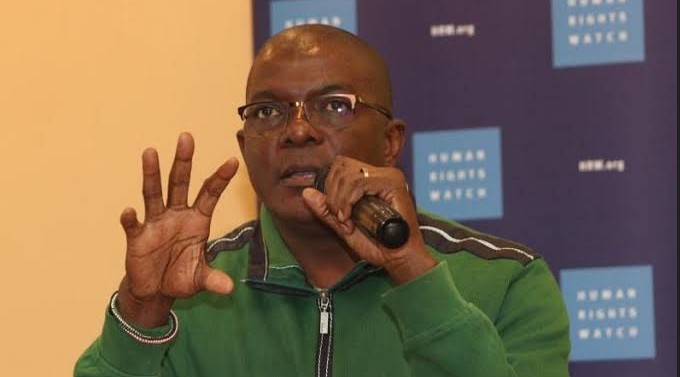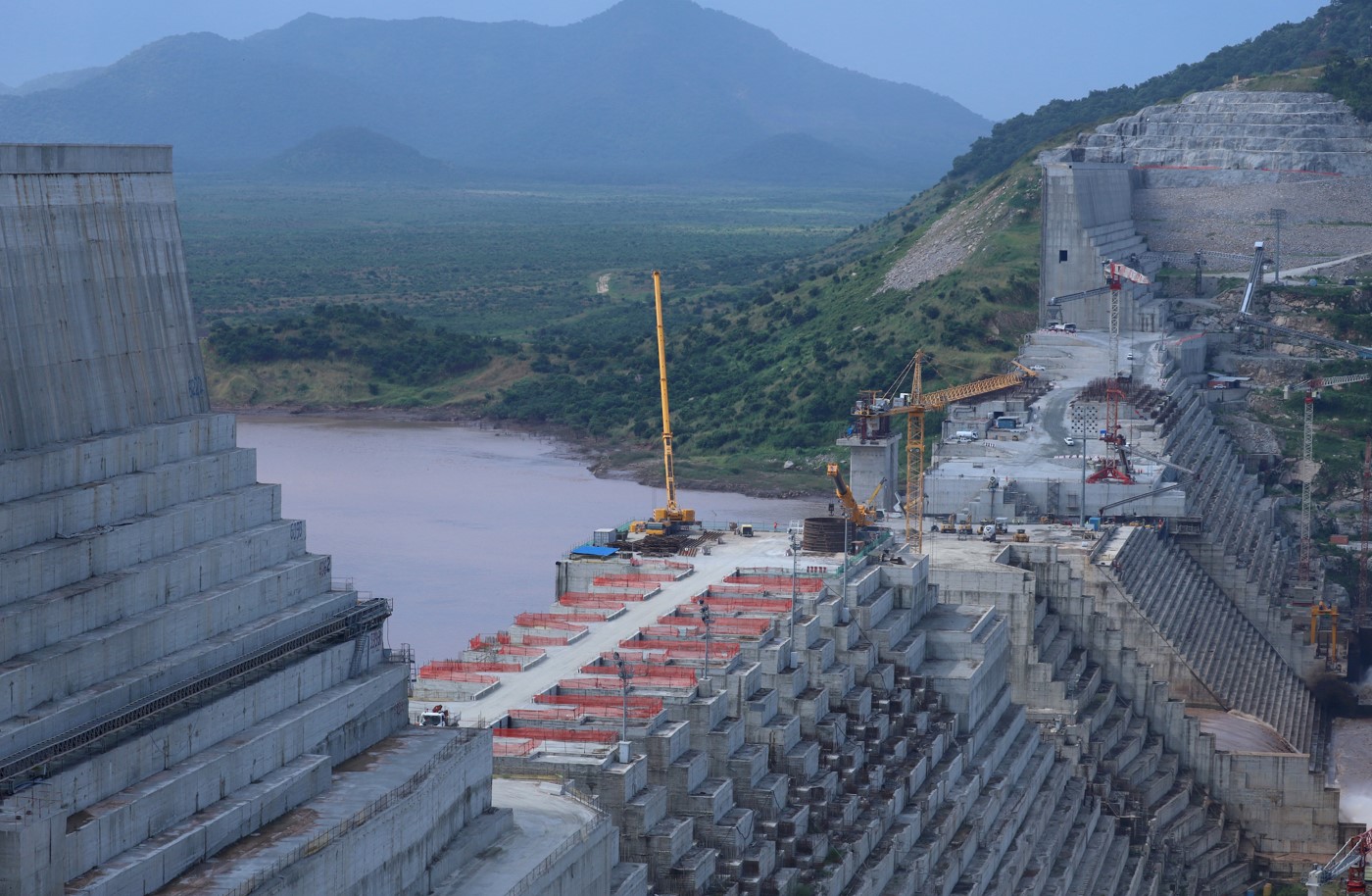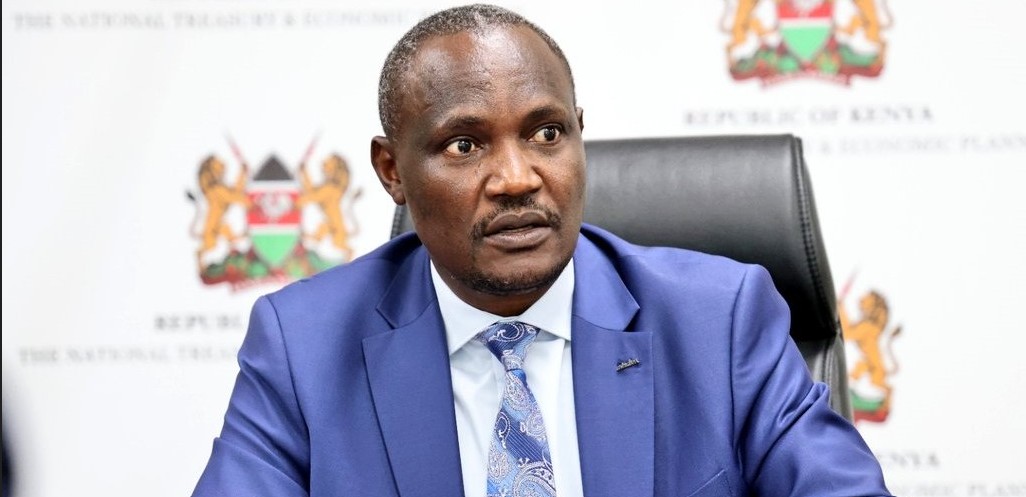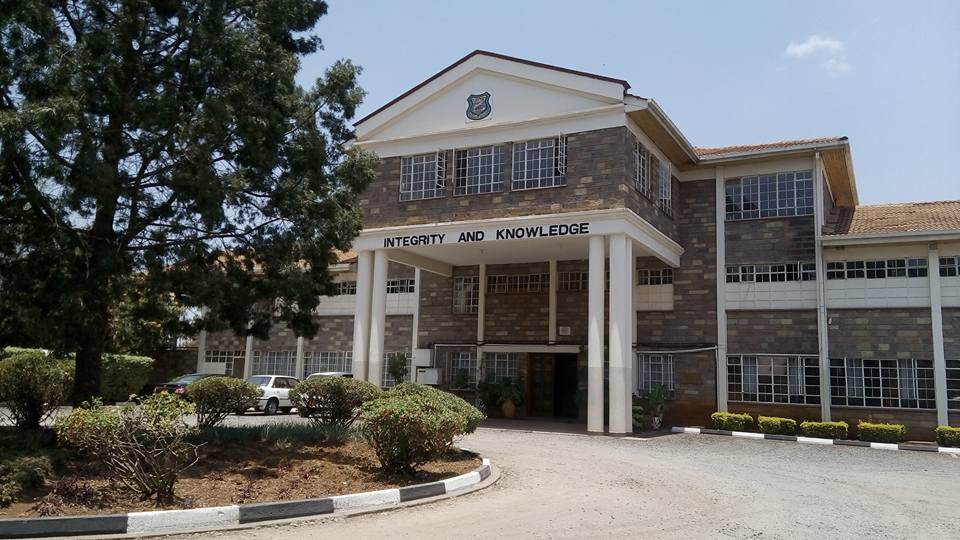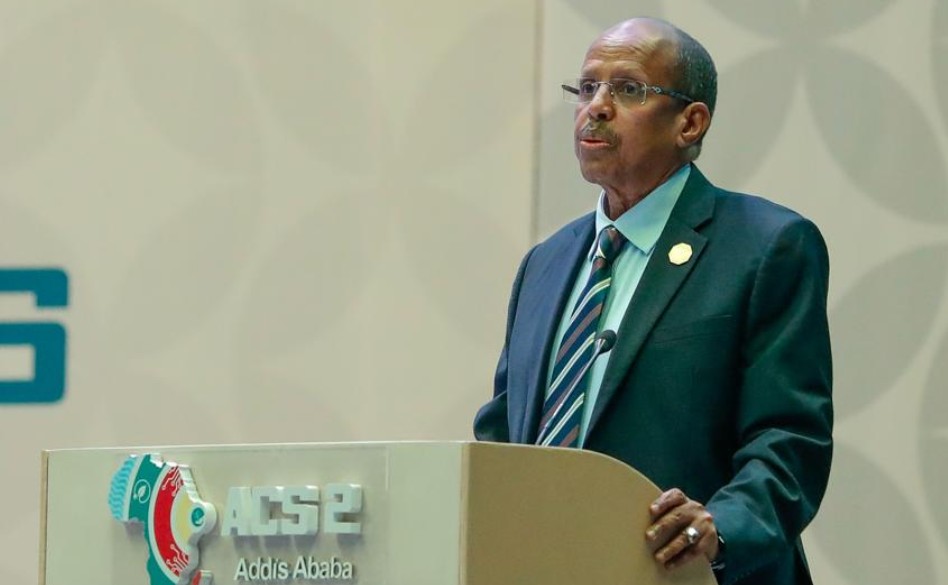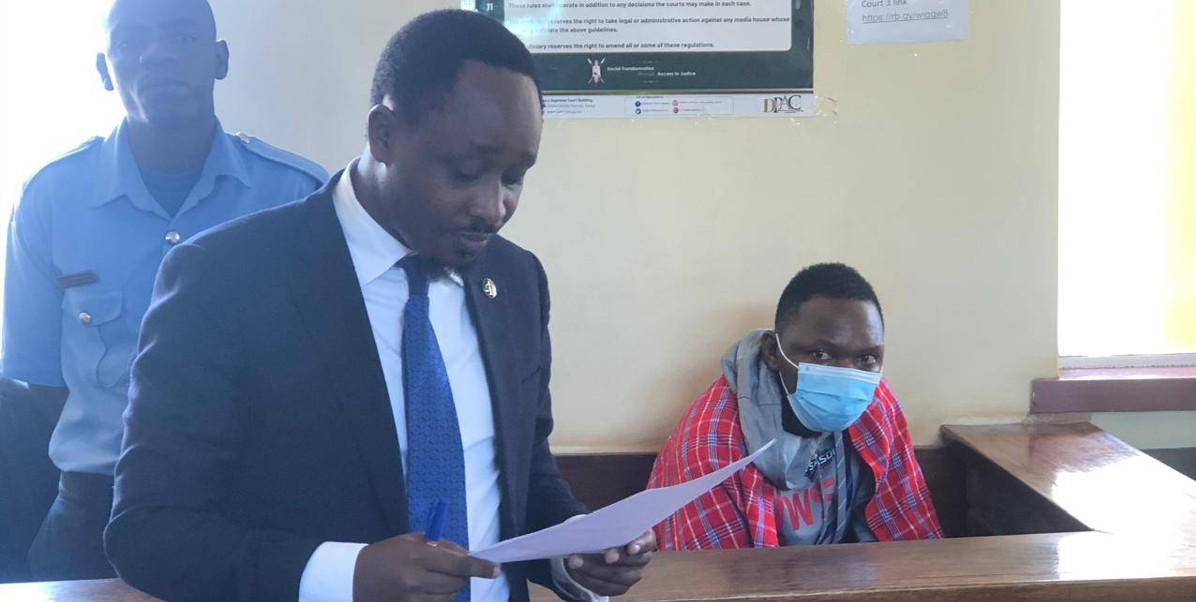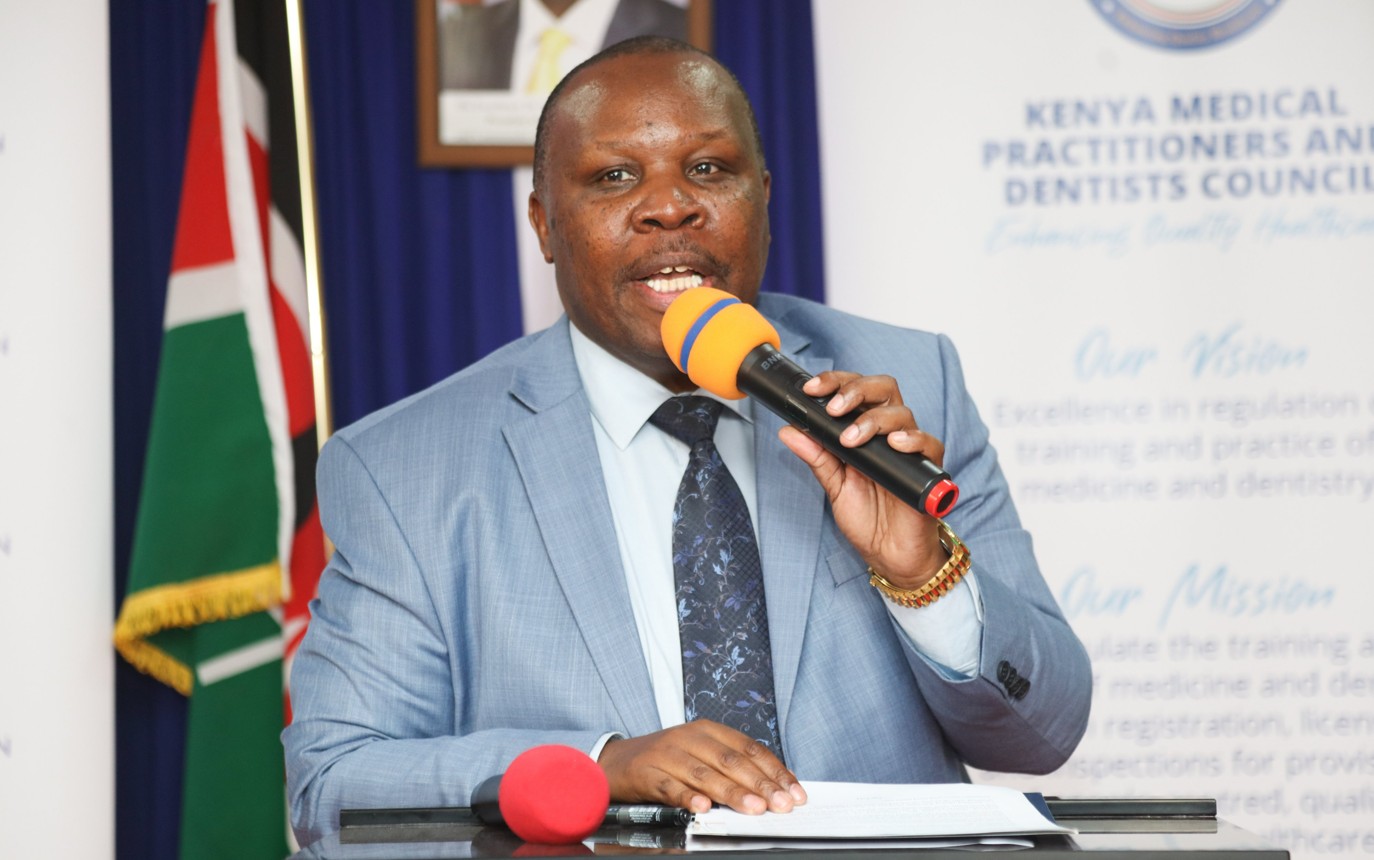Katiba Institute challenges MPs' push to anchor CDF, other funds in Constitution

The Bill, sponsored by Rarieda MP Otiende Amollo and his Ainabkoi counterpart Samuel Chepkonga, seeks to introduce three funds into the Constitution: the National Government Constituencies Development Fund (NG-CDF), the Senate Oversight Fund (SOF), and the National Government Affirmative Action Fund (NGAAF).
Katiba Institute, together with its civil society partners, has filed a petition before the High Court challenging what it describes as an attempt by the National Assembly to amend the Constitution through the Constitution of Kenya (Amendment) Bill, 2025.
The Bill, sponsored by Rarieda MP Otiende Amollo and his Ainabkoi counterpart Samuel Chepkonga, seeks to introduce three funds into the Constitution: the National Government Constituencies Development Fund (NG-CDF), the Senate Oversight Fund (SOF), and the National Government Affirmative Action Fund (NGAAF).
More To Read
- MPs demand probe into Sh373m stalled amphitheatre project at University of Eldoret
- Executive undermining Parliament’s independence, says Kivutha Kibwana
- MPs call on IEBC to curb soaring election costs by regulating legal fees
- Why Lagdera MP Abdikadir Hussein believes CDF funds are a game changer to Northern Kenya
- CJ Martha Koome pushes back against criticism over parliamentary interference
- Frequent court injunctions threaten to stall Parliament’s work, Wetang’ula warns
First introduced in the National Assembly on March 12, 2025, during its first reading, the Bill is now scheduled to undergo a public participation exercise across all 290 constituencies beginning Monday next week.
Katiba Institute opposes the Bill on the grounds that it “is constitutionally superfluous, as the funds it seeks to establish are inconsistent with the letter and spirit of the Constitution.”
“The Bill and any associated processes, including the scheduled public participation, are unnecessary and violate the constitutional requirement for prudence and responsibility in public spending,” the public interest litigation (PIL) organisation said in a statement on Friday.
It further stated: “The Bill contains provisions that require approval through a referendum. Therefore, Parliament should first be compelled to enact a referendum law, which it has failed to do for the past 14 years, before embarking on any constitutional amendment process.”
Katiba Institute argued that the proposed amendments are unnecessary as the functions the Bill seeks to support can be lawfully implemented under the current Constitution.
The organisation cited various court decisions, including one by the Supreme Court, which affirmed that the proposed NG-CDF can operate within the existing constitutional framework.
“The Bill and any expenditure related to it are, therefore, unnecessary and represent a waste of scarce public resources that could otherwise be directed towards essential services,” Katiba Institute stated.
It added that the amendments would conflict with constitutional provisions and the principles they establish, thereby undermining the intentions of the drafters of the Constitution and the will of the Kenyan people.
Katiba Institute further argued that the national executive is constitutionally mandated to implement the functions in question, and the annual budget already allocates funds for these purposes. Thus, creating a separate fund and structures under the NG-CDF would contradict this constitutional structure.
“This is akin to amending the Constitution to create separate funds and structures for counties to implement their functions,” it noted.
The organisation also expressed concern that establishing a fund financed by the national executive to facilitate Senate oversight would duplicate existing Senate funding and violate the principle of separation of powers by interfering with Parliament’s independence.
“Proceeding with these amendments would, therefore, undermine both the letter and spirit of the Constitution,” it asserted.
Katiba Institute is asking the court to: Suspend the public participation exercise scheduled for May 5–7, 2025, stop the Controller of Budget from approving any funds for public participation, bar Parliament from forwarding the Bill to the President for assent, if approved and prohibit the President from assenting to the Bill if it is forwarded to him.
It also seeks a declaration from the court that the proposed Bill constitutes an unnecessary violation of the constitutional requirements for prudent use of public resources, good governance, and sustainable development.
Additionally, it wants the court to declare that both the National Assembly and the Senate have violated the law and abdicated their responsibility by failing to enact a referendum law 14 years after the Constitution’s promulgation.
Top Stories Today
